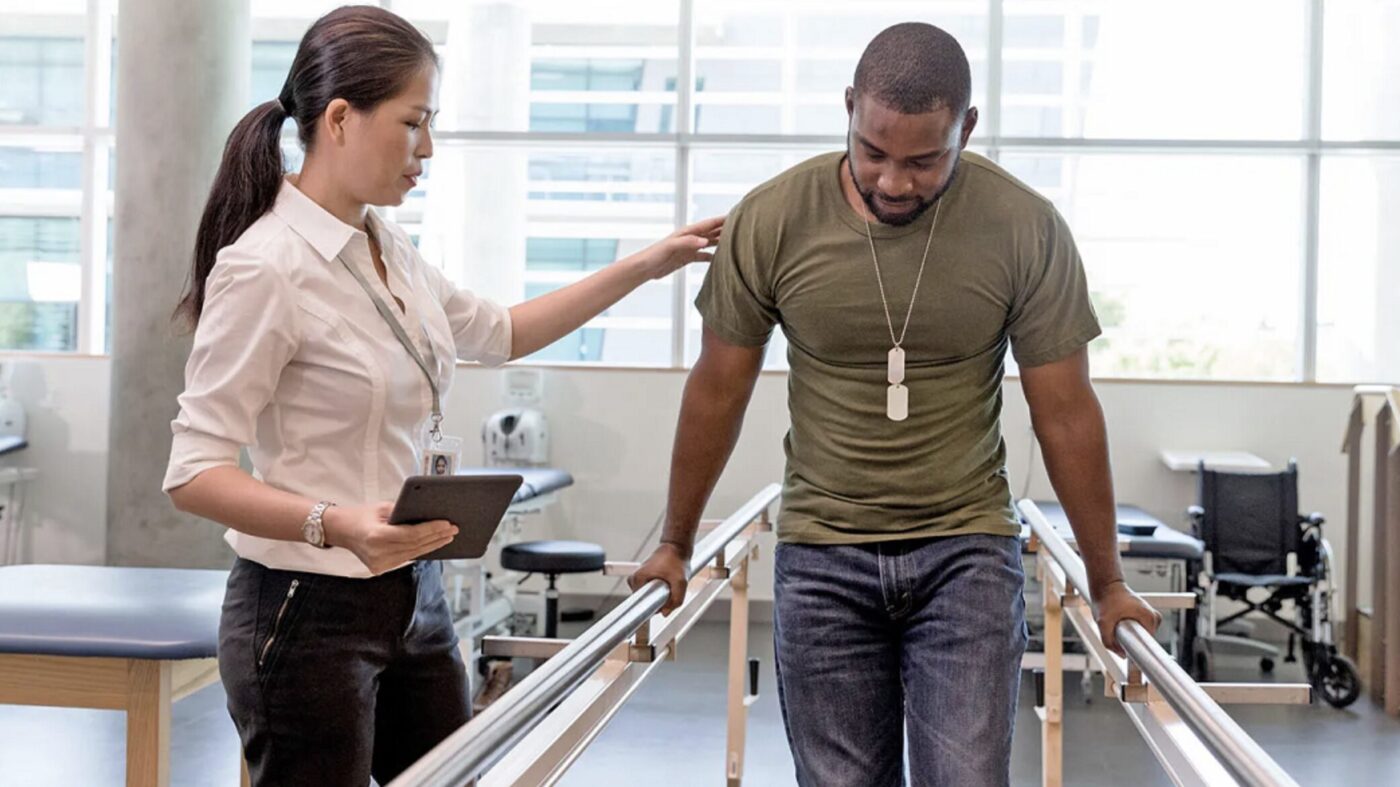The Debt We Owe: Defending Veterans Against a Misguided Narrative

Veterans occupy a unique place in American life because they accepted risks that no other group is asked to bear. When someone raises their hand to serve, they agree to face injury, separation, trauma, and the possibility of death. That decision changes the moral contract between the nation and the individual. Veterans’ benefits are not handouts; they are part of the bargain that sustains our all-volunteer force and tells every service member that if they carry the weight of war, their country will carry them afterward.
Disability compensation is not an entitlement. It is a debt the nation agreed to pay the moment each of them took the oath. These benefits exist to make whole those who carried the cost of national defense in their own bodies and minds, not as income support or welfare. The rest of America lives in the safety and prosperity those service members helped secure. Fulfilling that obligation is how a nation keeps its word.
VA disability ratings were never designed to rank sacrifice or measure virtue. Rather, they are meant to reflect average impairment in earning capacity. This is why some disability ratings comparisons can appear counterintuitive. In addition, certain combat-related injuries, like limb loss, qualify veterans for additional categories of compensation and care that are not captured in a base rating.
The wars of the past twenty years reshaped the landscape of military service. These were not mass armies trading fire across open battlefields. They were small, repeatedly deployed teams under constant psychological and environmental stress. Blast exposure, moral injury, and sustained hyper-vigilance rewired how modern medicine understands the effects of combat.
Advances in triage and battlefield medicine saved thousands who would not have survived in earlier wars, but survival came with new and complex injuries. For example, polytrauma, traumatic brain injury, chronic pain, and long-term mental health effects that often emerge years later. The rise in disability claims is proof of scientific progress, not deceit. We now understand that injuries to the brain, the endocrine system, and the psyche are real wounds of war, and our system must evolve to meet that truth.
Even seemingly ordinary conditions for most Americans take on a unique aspect when acquired through this dedication to service and answering the call. Equating these conditions as being equal to the average Americans’ experience discounts the additional risk all servicemembers are subject to while serving. Repeated blast exposure, toxic burn pits, and high operational deployment stress are only encountered in the military and have lasting effects on multiple body systems. Addressing these conditions fulfills the promise to care for those whose health was compromised in service.
Every large federal program encounters fraud, and veterans’ benefits are no exception. But the number of confirmed cases is statistically microscopic compared to the millions of legitimate claims filed each year. To portray those rare offenders as representative of all veterans is both inaccurate and insulting. We already have laws to punish fraud, and those cases should be fully prosecuted. Accountability builds confidence—but it should never be used to question the integrity of an entire community, particularly our veteran community.
This debate reaches beyond money. The strength of our all-volunteer force depends on trust: the belief that if you serve and sacrifice, your country will stand behind you. When veterans are treated as suspect or their earned benefits are framed as waste, that trust erodes. Every recruit’s decision is shaped by how they see veterans treated. Recruitment shortfalls across every branch already show how fragile that trust has become.
VA Secretary Collins and his team are working to fix long-standing issues across the VA, from processing over 100k backlogged claims, to claims and records modernization, to staffing and infrastructure. These are not problems that can be solved overnight or through headlines; they require precision, patience, and bipartisan support. Modernization done right means a VA that is faster, fairer, and worthy of the people it serves.
Veterans kept their promise to the nation. The nation must keep its promise to them.